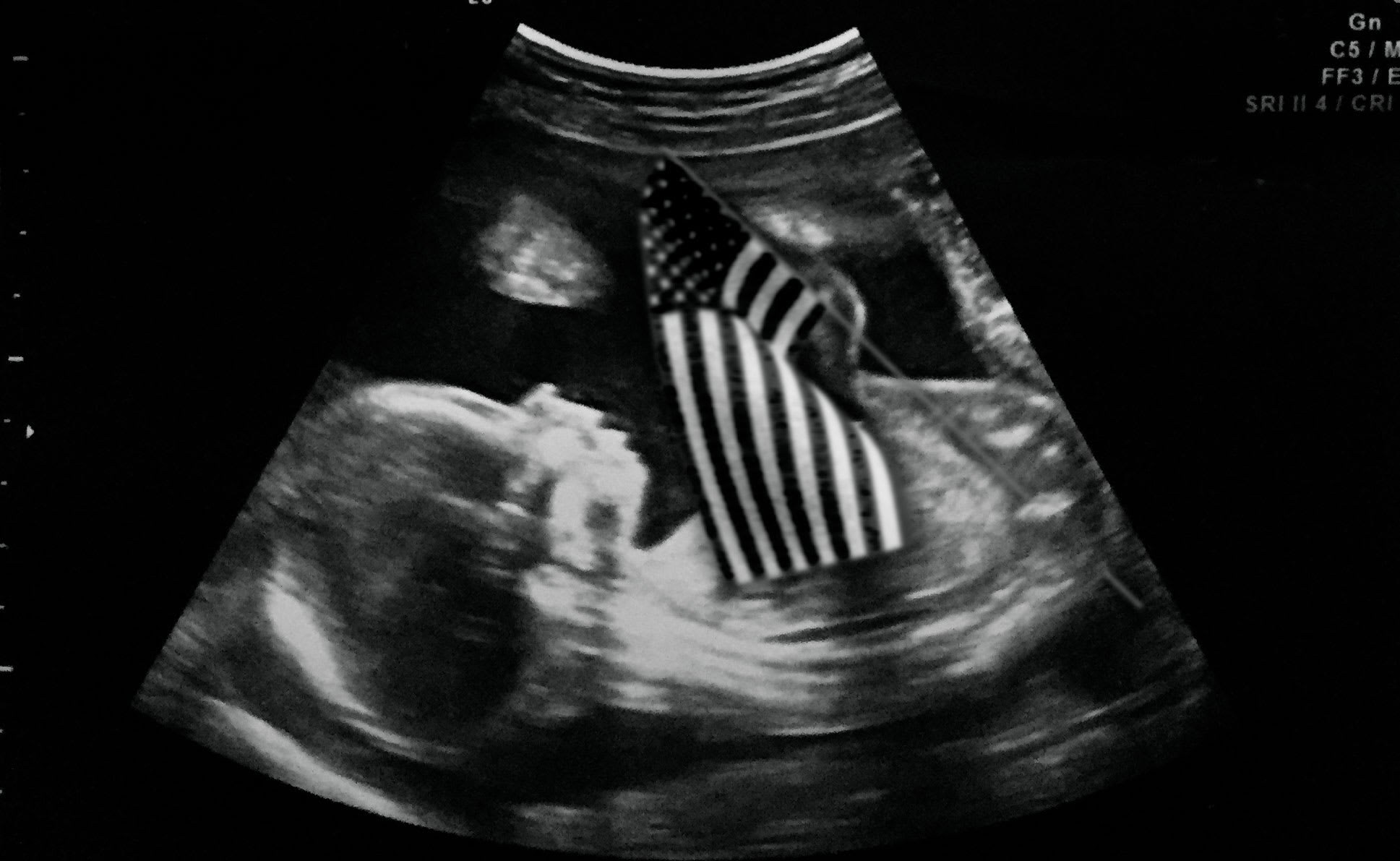Inducing labor avoids C-section for some moms, study finds
A surprising new study finds first-time healthy moms may be able to safely shorten their pregnancies to avoid complications. The research finds inducing labor at 39 weeks resulted in lower rates of cesarean sections compared with waiting for labor to begin naturally at full term.
The findings, published in the New England Journal of Medicine, contradicts a long-held belief that inducing labor leads to more complications, including C-sections.
"This study is a potential game changer and will have a significant impact on the practice of obstetrics," senior author, George Macones, MD, head of the Department of Obstetrics and Gynecology at Washington University School of Medicine in St. Louis, said in a statement.
"The concern has been that inducing labor -- even at 39 weeks -- would increase the cesarean section rate and health problems in newborns," he continued. "We found inductions at 39 weeks lowered, not raised, the number of deliveries by cesarean section."
The researchers chose to look at 39 weeks because that is when the pregnancy comes to full term. "After that point, the benefit of having the baby in longer is really not considered significant and the lowest fetal mortality is at 39 weeks so that's why that was chosen as the number," CBS News medical contributor Dr. Tara Narula explained on "CBS This Morning."
While C-sections are generally considered safe, the procedure involves a major surgery, which does not come without risks. "There are risks of bleeding, risks of blood clots, infections, scarring to the uterus so that in your next pregnancy, your placenta might implant in an abnormal location, injury to the bowel and bladder, hysterectomy and the list goes on and on," Narula said. "Not to mention that you have to stay in the hospital longer."
The C-section rate in the United States is about 32 percent, according to the CDC. "That's very high," Narula said. "It should be almost half of that."
Previous research has shown that inducing labor without medical reason before pregnancies are full-term at 39 weeks poses health risks for newborns, primarily because the lungs, brain and other organs haven't fully developed. Inductions at 39 weeks, however, have become more common in recent years and the study's authors wanted to better understand the risks and benefits to both mother and baby.
To do so, the researchers studied about 6,100 healthy, first-time mothers-to-be. Approximately half of the pregnant women were randomly assigned to labor induction at 39 weeks, while the other half waited for labor to begin naturally.
"What they found was in fact surprising," Narula said. "That the induced group at 39 weeks had lower C-section rates, had lower rates of hypertensive complications, lower rates of post-partum infections, less labor pain."
When the researchers looked at the babies, there was no difference between the two groups in terms of negative health consequences.
While the study did not look at the reasons why the rate of C-sections were lower in the women induced at 39 weeks, experts have several theories.
"The longer the baby is in [the womb], the fetal size is bigger. That could lead to more C-sections," Narula said. "Also the placenta may not work as well and that makes it harder for the baby to tolerate labor. And the longer you're pregnant, the more at risk the mom is for maternal medical complications and also OB complications."
In response to the study, the American College of Obstetricians and Gynecologists and the Society for Maternal-Fetal Medicine say it's now a reasonable option for doctors to offer labor induction at 39 weeks "after discussing the options thoroughly" with first-time moms who have low-risk pregnancies.
"Based on this study, which they reviewed, it's a reasonable option for low-risk women to discuss this with their doctor," Narula said.



